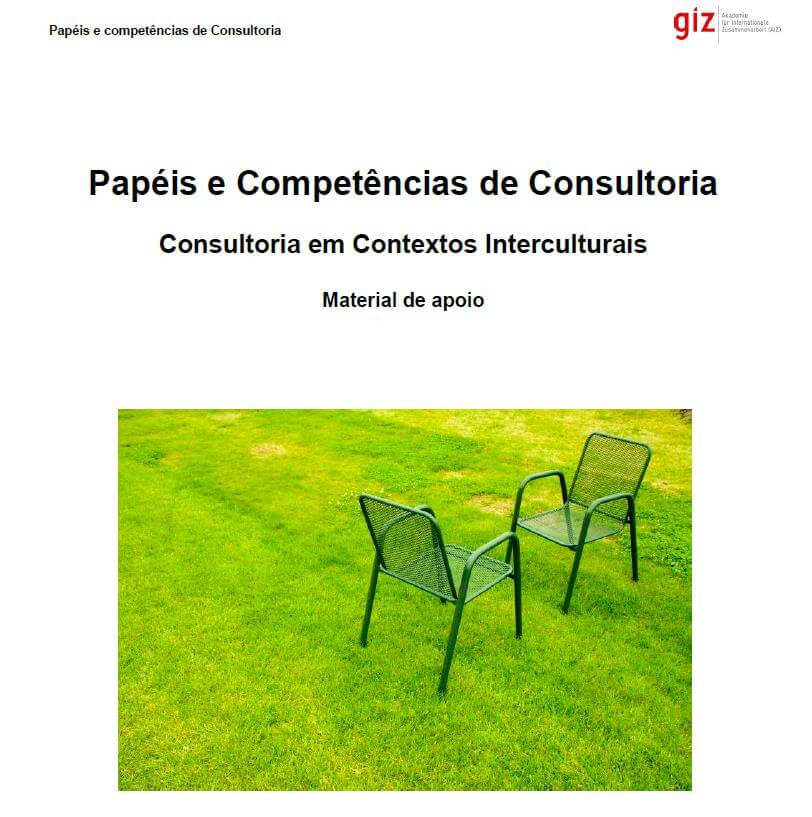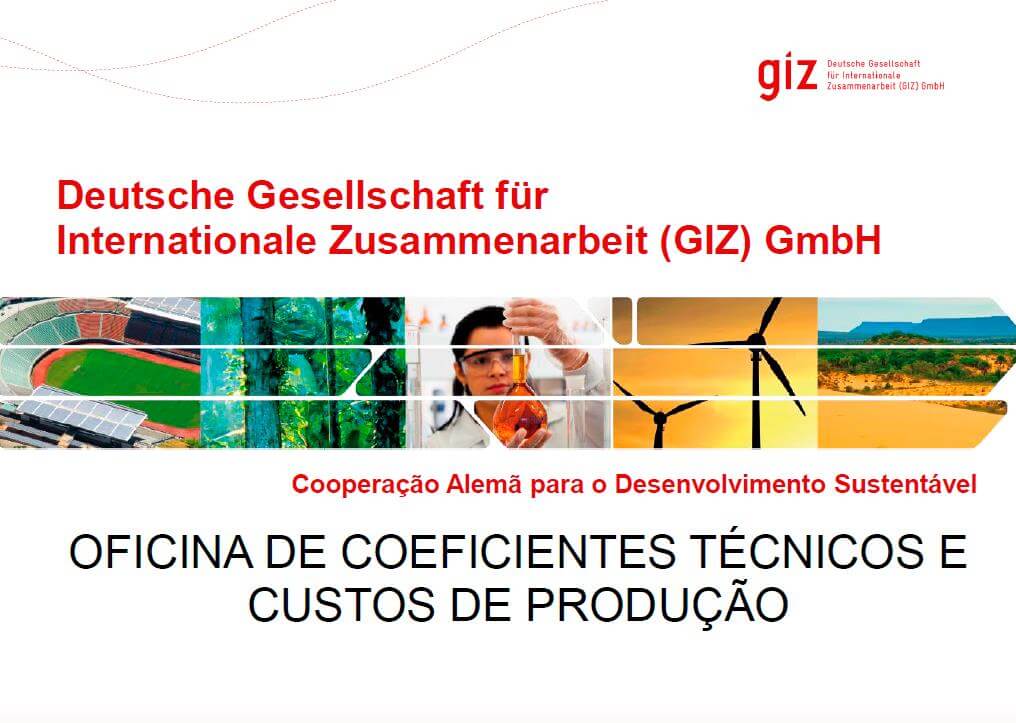Análise do Índice Amazon Puzzle
No âmbito do projeto “NORAD Amazon - Solucionando o quebra-cabeças da Amazônia: sem desmatamento, mais produção e direitos”, há uma das metas no outcome 5 em que buscase a promoção do desenvolvimento de jurisdições sustentáveis na Amazônia, com foco na redução de...
Abordagens práticas para lidar com restrições baseadas em gênero
Este material contém propostas de estratégias que podem ser adaptadas e utilizadas de acordo com o contexto local e aborda temas como organizações produtivas apenas de mulheres; poder de decisão da família; acesso a serviços financeiros rurais; e outros.
Apresentação – Promoção de cadeias de valor: metodologia Value Links
Esta apresentação oferecida pelos facilitadores do Módulo Azul explica o passo-a-passo da promoção de Cadeias de Valor. O tema "Análise de Cadeias de Valor" é um dos sete módulos que compõem o Programa CapGestão, realizado pelo consórcio Eco Consult e Ipam Amazônia.
Manual sobre os papéis e as competências de consultoria
Esta publicação explica os fundamentos conceituais da assessoria/consultoria e suas diferentes abordagens. Principalmente no que diz respeito a um apoio organizado para os processos de tomada de decisões que visam à expansão das competências de ação e de conhecimento do parceiro. O conteúdo faz parte do Módulo Azul, um dos sete temas abordados pelo Programa CapGestão Amazônia.
Apresentação – Como organizar uma oficina de custo de produção
Resumo ilustrativo de como organizar uma oficina de custos de produção com os produtores. O módulo azul, "Análise de Cadeias de Valor", é um dos sete temas que compõem o Programa CapGestão, realizado pelo consórcio Eco Consult e Ipam Amazônia.
Apresentação – Cadeia de valor: ampliando a visão sobre os atores
Apresentação oferecida pelos facilitadores do Módulo Azul sobre a análise do funcionamento de uma cadeia de valor, seus atores e etapas. O tema "Análise de Cadeias de Valor" é um dos sete módulos que compõem o Programa CapGestão, realizado pelo consórcio Eco Consult e Ipam Amazônia.
Apresentação – Critérios de seleção da cadeia de valor
Apresentação oferecida pelos facilitadores do Módulo Azul sobre critérios de seleção para a escolha da cadeia de valor dentro de um empreendimento. O tema "Análise de Cadeias de Valor" é um dos sete módulos que compõem o Programa CapGestão, realizado pelo consórcio Eco Consult e Ipam Amazônia.






